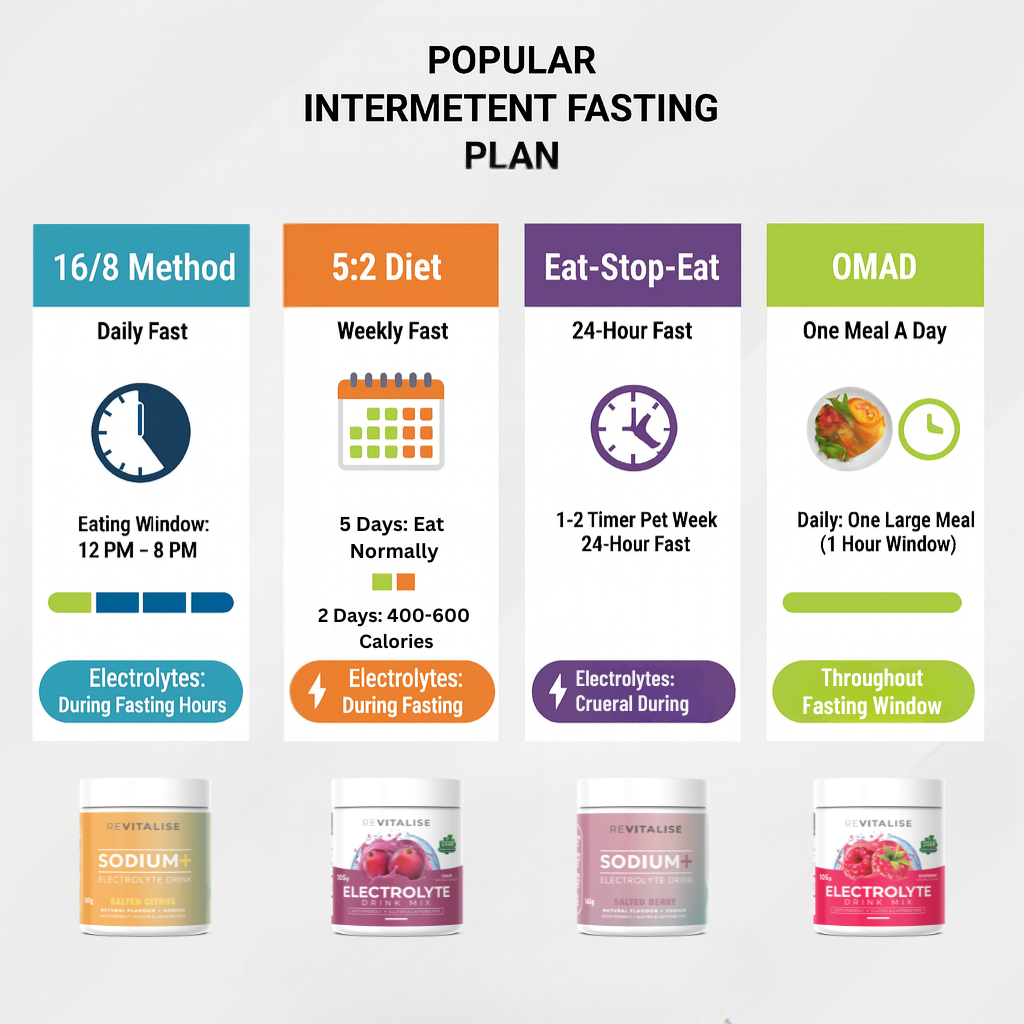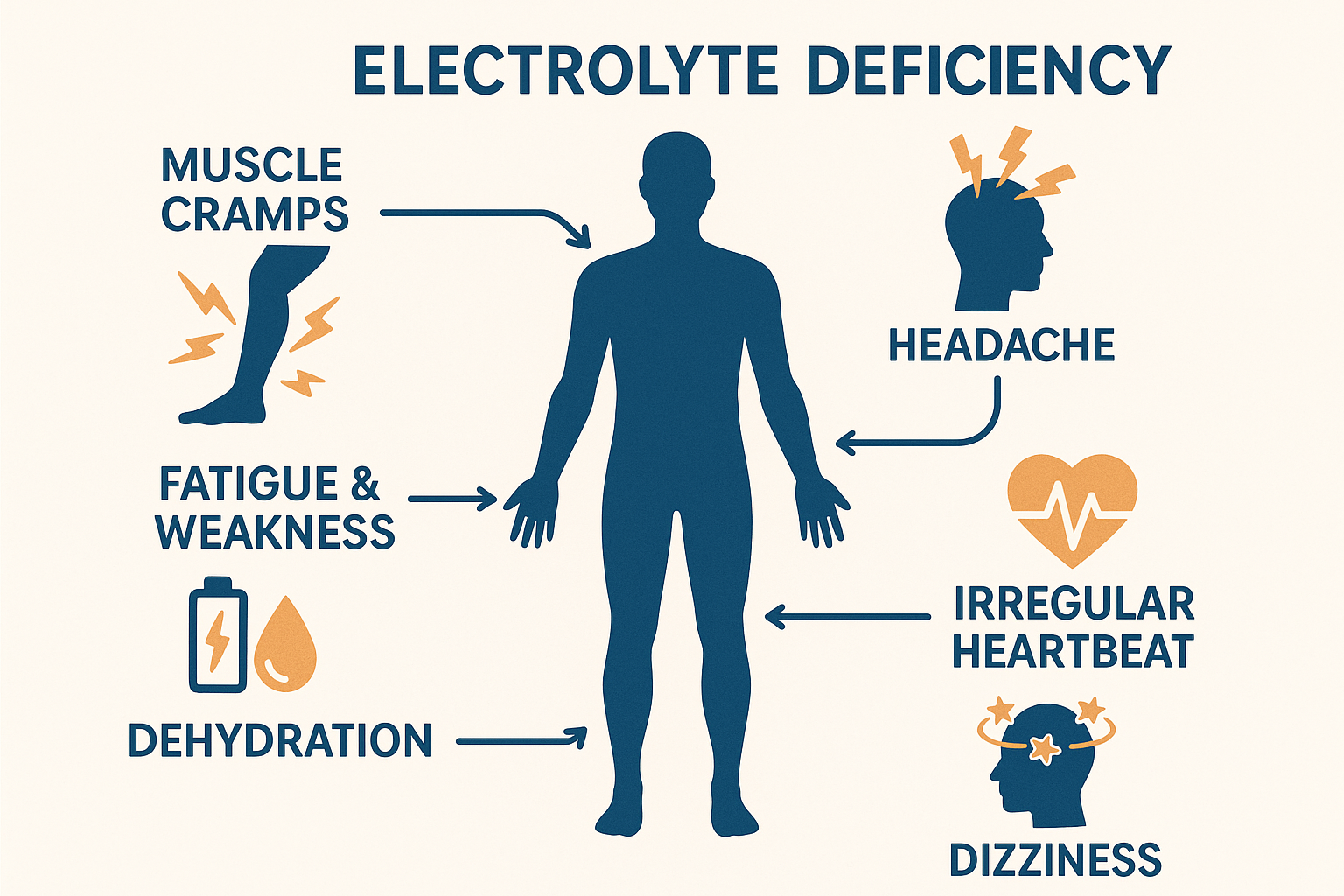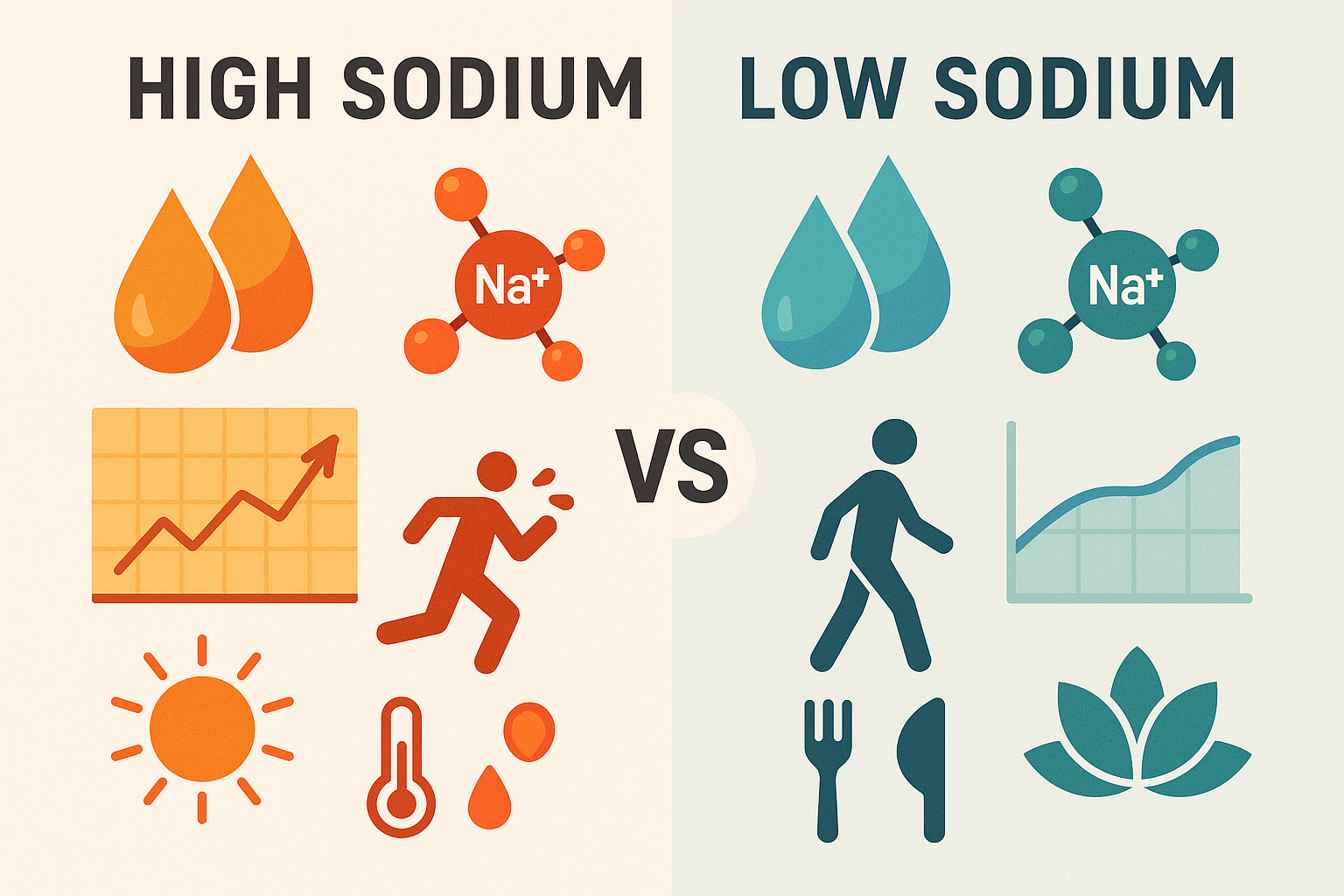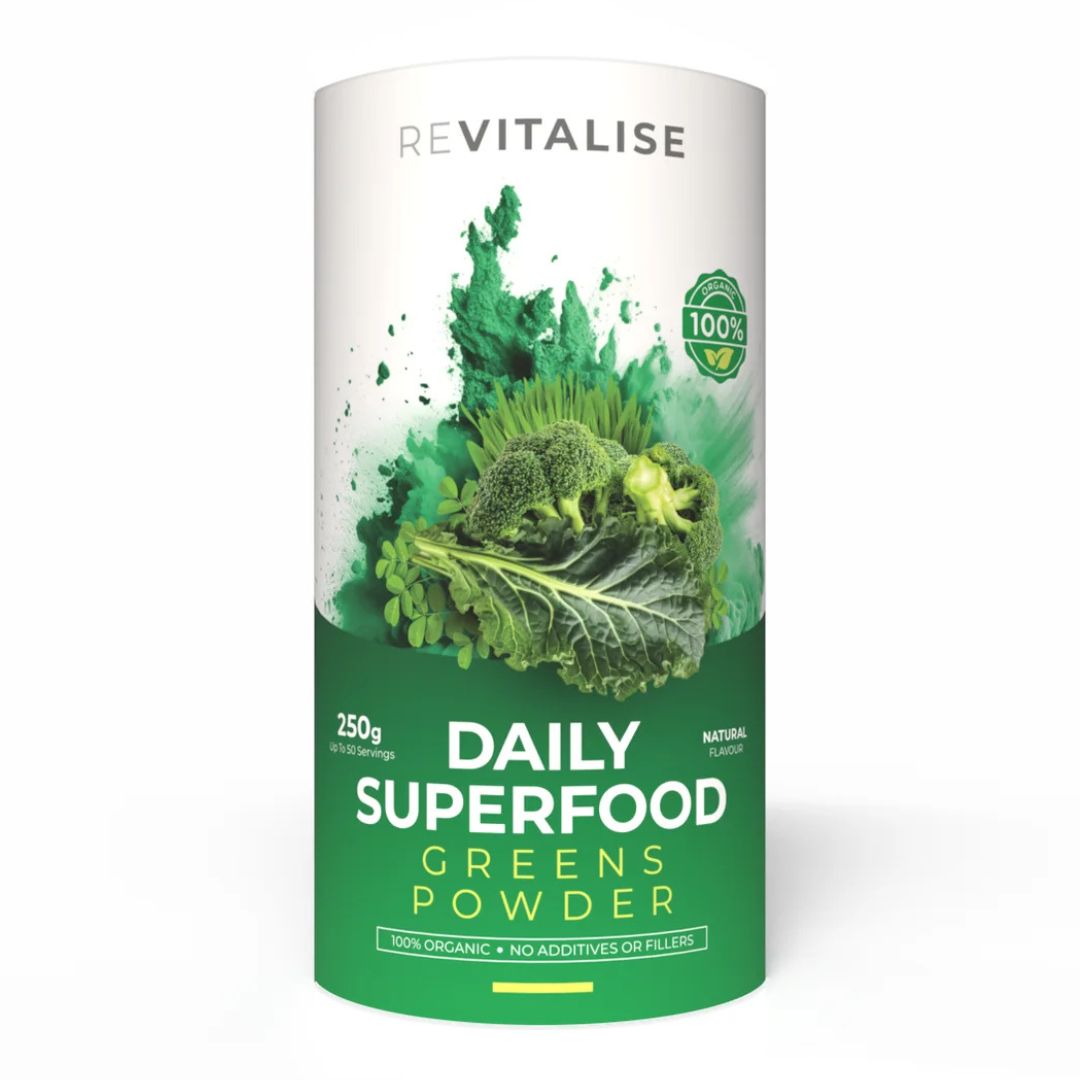What Is Dehydration?
Essentially dehydration occurs when your body loses more water than it takes in. This means that your body does not have enough water to keep it functioning correctly. Dehydration is a condition which causes not only headaches and dry mouth, but also an imbalance of the expected levels of salts and sugars present in the blood, which can interfere with the way the body functions. As the water content in the blood begins to decline, the resulting imbalance in the levels of minerals, salts and sugars can cause several harmful effects.
Considering that over half of your body is made up of water, it is vital to understand how to avoid dehydration. Being adequately hydrated means that your body can function optimally through lubricating the joints and eyes, digestion, and the flushing out of wastes and toxins, to name a few.

Causes Of Dehydration
There are many reasons you may be dehydrated. Here are the most common causes of dehydration:
1. Excessive Sweating
You can become dehydrated if you work out or are in hot, humid weather. You lose water when you sweat, so it is essential to replace any fluids lost.
2. Fever
If you have a fever, you may be prone to dehydration. As the fever gets worse, you can become more dehydrated. Fever causes you to sweat as your body deals with the infection. This can worsen if you lose more body fluids and minerals, accompanied by diarrhoea and vomiting.
3. Diarrhoea and Vomiting
Diarrhoea and vomiting can cause a significant loss of water and electrolytes in a short time.
4. Alcohol
Drinking makes you urinate frequently. Alcohol inhibits an antidiuretic hormone that usually sends some of the fluid you’re consuming back into the boy and instead sends it to your bladder. Not only that, but alcohol lowers your thirst mechanism, so you will not feel dehydrated until it is too late.
5. Stress
When stressed, your adrenal glands are pumping out stress hormones, which can become fatigued, resulting in adrenal insufficiency. The adrenal glands are also responsible for regulating bodily fluids and electrolytes, so it is essential to manage stress to avoid excess pressure on the adrenal glands.
Signs To Look Out For
Dehydration can be detrimental to your health. Understanding the signs to look out for can aid in preventing serious health problems. Here are a few signs and symptoms of dehydration:
- Feeling thirsty
- Little or no urine production
- Reduced skin elasticity
- Dry mouth
- Dizziness
- Dark-coloured urine
- Confusion
- Fatigue
- Muscle cramps
Dangers Of Dehydration
Dehydration is dangerous in prolonged periods. There can be complications which develop and can even become life-threatening. Some dangers of dehydration are:
1. Hypovolemic shock
If you become dehydrated, your blood volume can take a dip, which can cause a drop in blood pressure and too little oxygen in the blood. Your heart will not be able to pump enough blood, which can cause your organs to fail. Medical assistance and intervention are needed in this case of dehydration. Usually, this is treated through the use of IV fluids to hydrate you and restore any lost minerals.
2. Kidney health issues
You are hydrated aid the kidney in getting rid of waste and toxin build-up in your body. If you are dehydrated, there is insufficient water to deliver the waste to your kidneys, leading to kidney stones and urinary tract infections. Prolonged dehydration can lead to permanent kidney damage.
Defeat Dehydration
Often mild dehydration can be fixed by drinking water and electrolytes. However, more severe dehydration cannot be treated as quickly.
- Ensure health conditions such as diabetes are under control.
- Eat foods with high water content, such as cucumbers and apples.
- Drink water throughout your day. Aim for 2 to 3 litres daily and increase this amount when exercising or in hot weather.
- Drink electrolyte drinks (such as ReVitalise) to ensure that water is absorbed correctly, and minerals are replenished.
- Avoid excessive amounts of alcohol; if you consume alcohol, remember to drink water as you go.
- Limit drinks with caffeine such as coffee, teas and soft drinks.

To Sum Up
Being adequately hydrated aids in numerous functions, including regulating body temperature, keeping joints lubricated, preventing infections, delivering nutrients to cells, and keeping organs functioning properly. Ensure you stay hydrated adequately with the proper strategies.
If you experience excessive thirst, fever or rapid heartbeat due to dehydration, contact a medical professional immediately to avoid serious health complications.












![ReVitalise Zero Sugar Electrolytes [SUBSCRIPTION]](http://revitalisedaily.com.au/cdn/shop/files/30s_LemonLime_3ea1cbec-4b35-4319-8f43-3ad8cbe7cd02.png?v=1698247645&width=1547)
